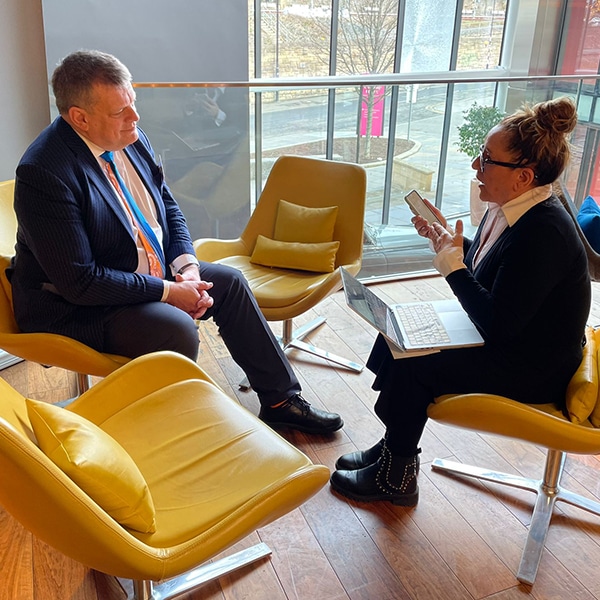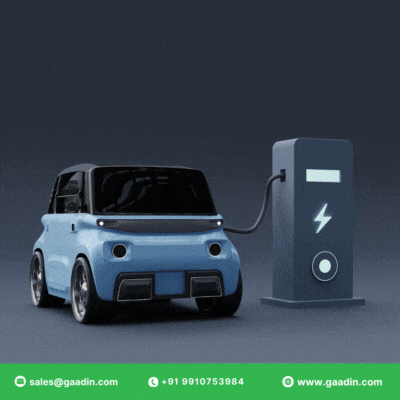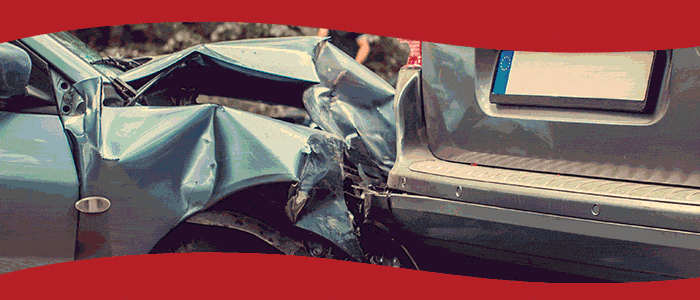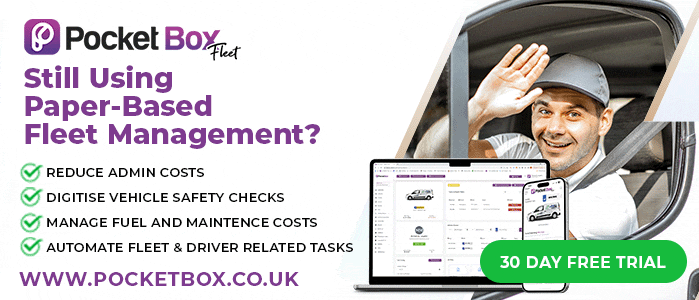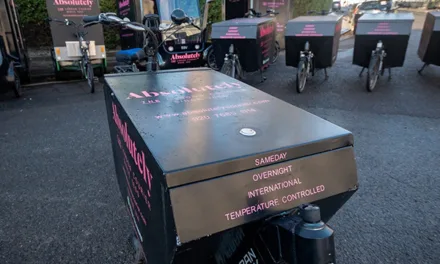Ground Transport Media were delighted to be invited to attend the Transport for the North Annual Conference 2023 in Newcastle last week.
We had the opportunity to sit down with Chief Executive of Transport for the North Martin Tugwell, who took time out of his busy day to sit down and chat through issues from our Chauffeur, Courier, Private Hire Vehicle and Taxi community.
Martin is responsible for transforming pan-Northern connectivity in order to improve productivity and drive economic growth. He leads Transport for the North as England’s first Sub-national Transport Body, giving the North a strong, unified and determined voice on transport investment to benefit the region.
You can read the interview in full, undertaken by myself Leah Wright-Tiramakea, below.
Advertisement
Leah: Firstly Martin, thank you so much for sitting down with us.
All of our sectors, both fleet operators and drivers, are being encouraged to move to EVs and plugins but there’s very little funding or grants, or perhaps there’s very little source of directional communication that points to where those funds are available.
It is an absolute huge need to support the transition and importantly meet the legislation that’s not too far down the road. Does the Greater Manchester 2040 Strategy include that, particularly in the current economic climate, how do you begin to incentivise businesses to jump on board and make that transition?
Martin: I think if people are going to make an investment in an EV they need to have confidence that they can actually have the ability to charge it. That’s why at Transport for the North, one of the pieces of work we published about 12 months ago, was a thing called The EV Charging Infrastructure Frame Work.
We worked with the National Grid, the DNO’s (Distribution Network Operators), the Energy Savings Trust, and local partners including National Highways, and we put together a framework which allows us to understand both the shape of the current market, but also the potential future market both for individuals and for fleets as well, so you can see that benefit.
So you have a good understanding of where we start from, what we’re really clear on as Transport for the North is aligning investment in different types of infrastructure to allow people to make choices.
So, having done that work we now need to work with the energy sector to understand how we can get them to make the investment in both generation and distribution, that gives you the confidence to be able to install the chargers.
Then its about a conversation with the private sector about how their investment, because it’s clearly attractive as a private sector investment, using an understanding of where the markers are, we can help them, but at the same time saying there’s going to be some parts of the market where it’s not going to be commercially viable, now how do we work with you as a private sector to see how we plug some of those gaps.
Advertisement
There may still need to be some investment by the public sector but what we do as Transport for the North we help understand what it is, that’s the challenge. We start to use our ability to analyse and provide data to then work with both public and private sectors to say this is what the opportunity is, here’s the investment opportunity, here’s what you may be able to get from it.
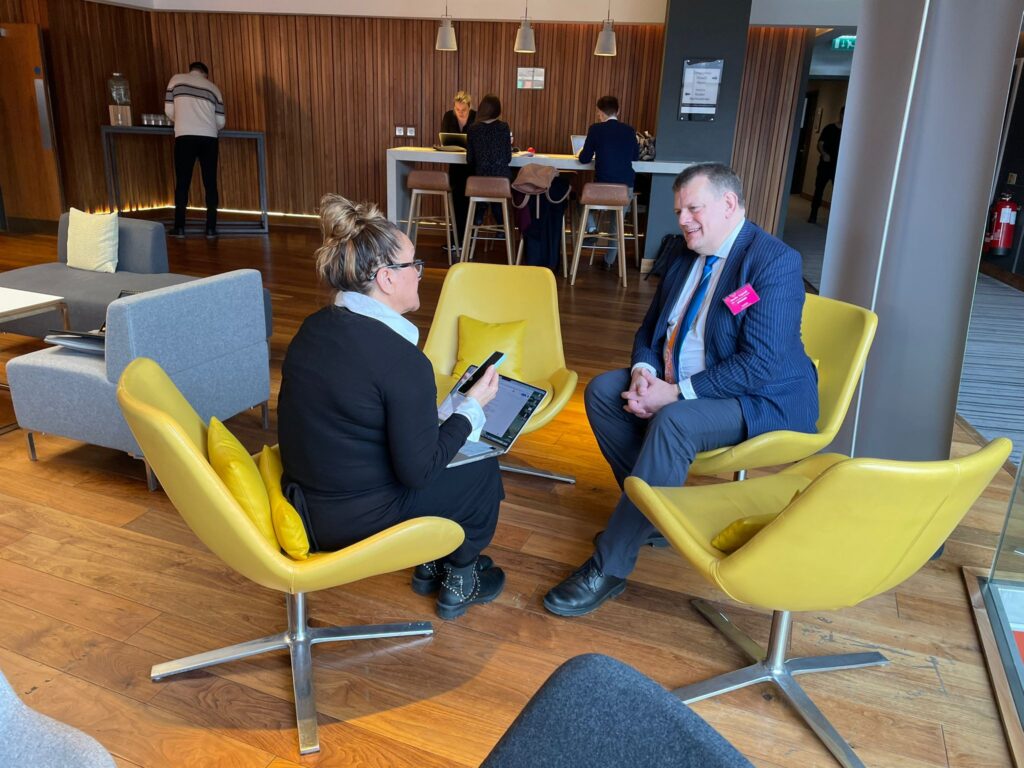
Leah: There’s also a huge need when it comes to private hire licensing for local authorities across the country to work in a really integrated way. We’re not by any means advocating going back to a central government approach but we would like to see a mixture of both national and local standards and strategies that work in cohesion.
At the moment the local authorities very often have different licensing critiera, whether its the colour of the vehicle, I understand there’s a proposal for Manchester to have white vehicles for PHV, the type of medical report required or CCTV standards, each different again and from one local authority to another.
The list is relatively long and results in both private hire operators and particularly drivers being compliant in one local authority and not in another. It’s a known problem, it seems to be known by everybody but feels like no one wants to discuss it too much outside of the sectors who are fighting for the most effective solution and common sense approach.
My question for you is how do you get local authorities across the country to work together with a smarter common standards approach that lift national and local standards?
Martin: I think the first thing for me is to be really clear on what it is we’re trying to achieve. So you’re absolutely right, there are different standards depending on what kind of arrangement you’re talking about, what size of vehicle, and there are different regulatory regimes.
It feels to me like one of the things we could do is just flip it around and say from a user perspective what am I looking for? I’m looking for confidence that the vehicle is going to be safe, that I’m not going to be ripped off in terms of price, that there’s some kind of mechanism for getting recovery if there is an issue and that it is safe.
So, I think part of the key here is to just flip the question around and ask what is it that we need to provide for the user, then think about what is it that needs to be done at a national level and what can be sensibly left to a local level.
Advertisement
I think throughout the work we’re doing as TFN, we’re less in the operational detail but more about the longer term and the strategy. Our approach is very much in that same vein, what are we trying to achieve as an outcome, what are we trying to achieve in this place, what do we need to achieve for the user and if you start thinking of it in those terms, I think you’ve got an opportunity to start unlocking some of those challenges and maybe making some progress.
Leah: Would you be an advocate of an initiative that brought local authorities together? We have regularly attend the Institute of Licensing conference and its always very interesting to see how they work together, communicate together but very often execute policies independently.
Would you be an advocate of initiatives that bought that together?
Martin: I think as long as it is clear as to why you’re doing it, because if you’re bringing it together you want to have some sense of what is it you’re trying to do, what is it you are trying to achieve so that you can move the conversation on.
Part of the underlying philosophy of organisations like TFN, which I think is relevant here, I’m not saying TFN should get involved in it but as a philosophy, it is about where you have got issues that are being based in different areas and there’s a common issue coming together to try and resolve it as a far more efficient and effective way.
You’ll probably make some progress and quite often people who understand the nature of the problem, just haven’t got the space or the time to be able to both deal with the day job and think about how to improve it, so working together for me is very much a key, but equally being really clear about what it is we’re trying to achieve in doing that.
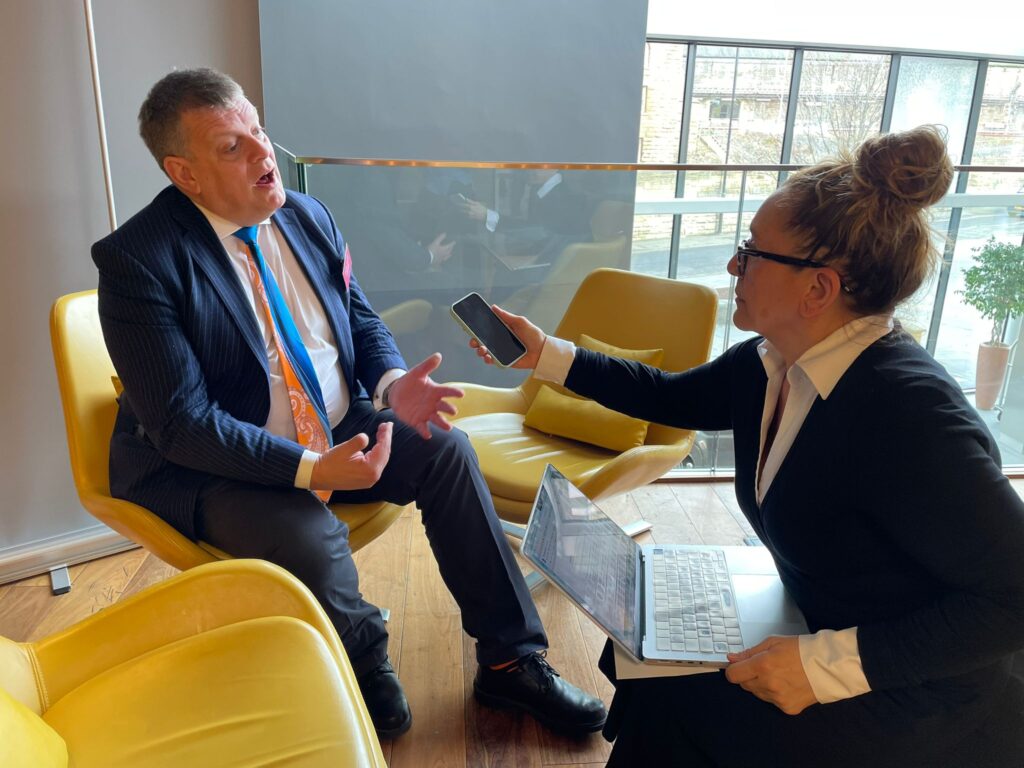
Leah: Industry bodies across the four key sectors we work with have estimated that around 90% of Taxi & Private Hire drivers don’t have the ability to charge at home. Given the cost differential of public charging vs home charging, particularly where there’s a mindset that the infrastructure just isn’t there yet or perhaps its not communicated in a way that is frequent enough, what do you consider the solution to be?
Martin: I think part of it goes back to where we started, about having confidence in the right kind of infrastructure, so when I visit London, you see the rapid chargers that are used by the EV Taxis there, so you’re getting the infrastructure put in place that allows them to top up during the course of their turns if you like.
Advertisement
So, I think it is about changing the mindset and having confidence that when you need to get access to a charger for EVs you can do that. I don’t think it is about trying to provide EV charging for every home because that’s just not practical but what you see is the technologies, the EVs improving, you see range improve, I think if you can see the investment in a network of the right kind of chargers in the right kind of places, confidence that it’s going to be there and as I said earlier, that’s as much about energy generation and distribution as it is about the actual chargers, then I think you can start to make some progress.
Leah: Finally, we are asking everyone we’re speaking to here at the conference how they travelled here today, so how did you get here?
Martin: Yes, I took the LNER train to get here.
We would like to say a big thank you to Martin for kindly taking the time to sit down with us! If you are in ground transportation and have an issue you would like to raise, please feel free to reach out, as we would love to hear from you!

